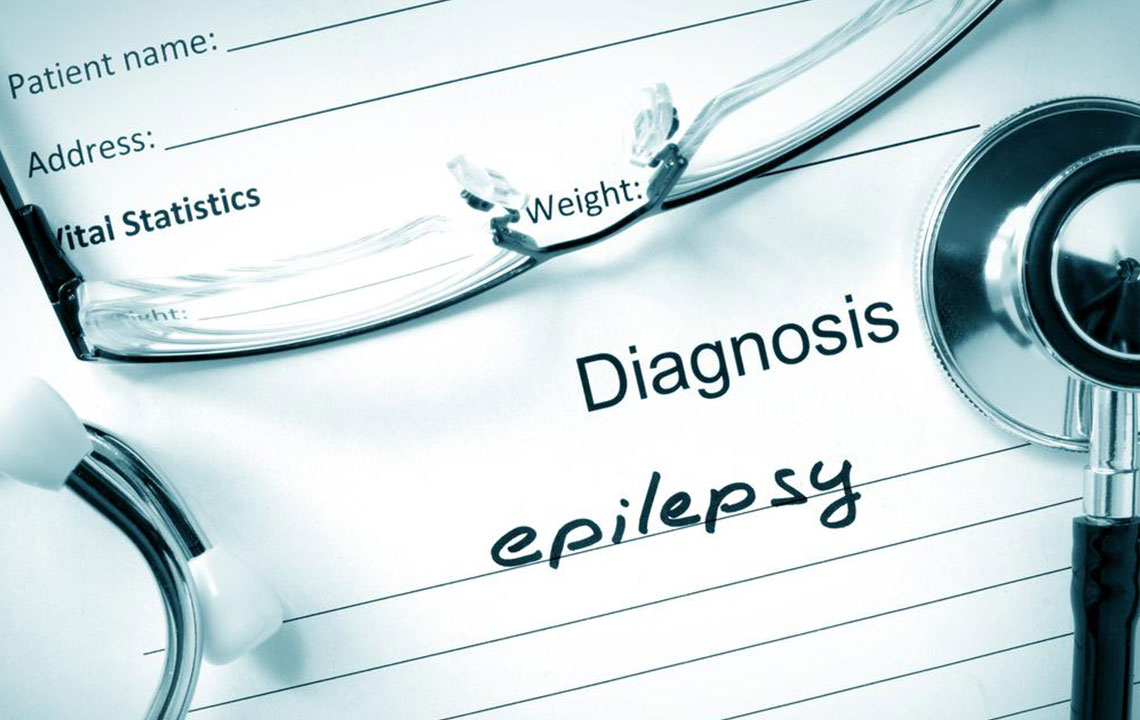Comprehensive Dietary Approaches to Support Effective Epilepsy Management
Effective epilepsy management involves more than medication; a nutrient-rich, balanced diet can improve seizure control and overall brain health. Dietary strategies like ketogenic, MCT, Atkins, and low glycemic index diets have shown promising results. Incorporating whole grains, fruits, and vegetables supports sustained energy, while avoiding processed foods and additives is vital. Always consult healthcare professionals before making dietary changes to ensure safety and suitability for your condition. Proper nutrition can significantly enhance quality of life for those with epilepsy.

Comprehensive Dietary Approaches to Support Effective Epilepsy Management
Epilepsy management extends beyond just medication; nutrition plays a pivotal role in influencing seizure control and overall brain health. A well-planned, nutrient-dense diet can significantly contribute to decreasing seizure frequency and enhancing quality of life for individuals living with epilepsy. It is essential to consult healthcare professionals or nutritionists before initiating any dietary changes to ensure safety and appropriateness tailored to individual needs.
One of the most recognized dietary therapies for epilepsy is the ketogenic diet, a high-fat, low-carbohydrate eating plan that shifts the body's metabolism toward fat utilization. This dietary approach has been extensively studied and proven effective in reducing seizures, especially in children with refractory epilepsy. The ketogenic diet works by inducing a state of ketosis, where ketone bodies are produced, providing an alternative energy source for the brain that may stabilize neuronal activity.
Besides the classic ketogenic diet, there are other variations designed to optimize ease of adherence and safety. The Medium-Chain Triglyceride (MCT) diet is a popular alternative, focusing on medium-chain fats that are easier to convert into ketones. The Atkins diet, initially developed for weight loss, also shares similarities with low-carb regimens and has shown some benefits in seizure management when tailored appropriately. The low glycemic index diet emphasizes stable blood sugar levels, which can help reduce seizure triggers.
Beyond these specialized diets, incorporating a variety of wholesome foods into daily meals is essential for overall health. Whole grains, such as oats, brown rice, and barley, provide sustained energy and support brain function. Fruits and vegetables supply vital vitamins, minerals, and antioxidants that contribute to neurological health and immune support. Ensuring adequate hydration is equally important, as dehydration can exacerbate symptoms or interfere with medication efficacy.
Conversely, certain foods and substances should be limited or avoided. Processed foods often contain artificial additives, preservatives, and unhealthy trans fats, all of which have been linked to increased seizure susceptibility. Excessive sugar intake can cause blood sugar fluctuations that might trigger episodes. Additionally, caffeine-containing beverages and specific fruit juices may interfere with anticonvulsant medications, reducing their effectiveness or causing side effects. Therefore, cautious consumption of these items is advised.
Maintaining a well-balanced nutritional plan tailored to individual health status and lifestyle is key to effective epilepsy management. Regular monitoring and consultation with healthcare providers ensure the diet remains effective and safe over time. By combining medical treatments with optimal nutrition, individuals with epilepsy can improve their neurological stability, energy levels, and overall quality of life.





